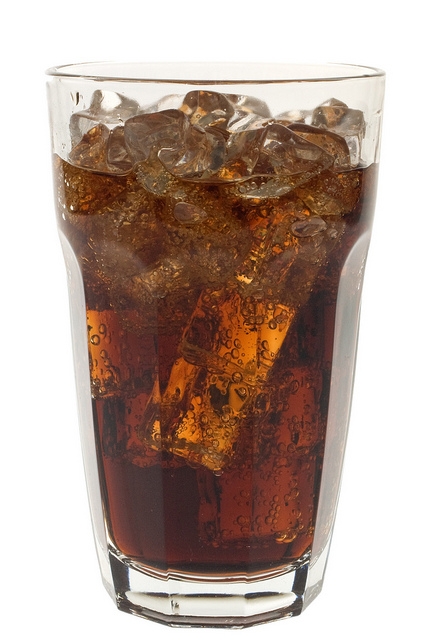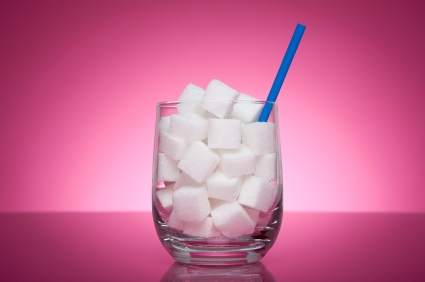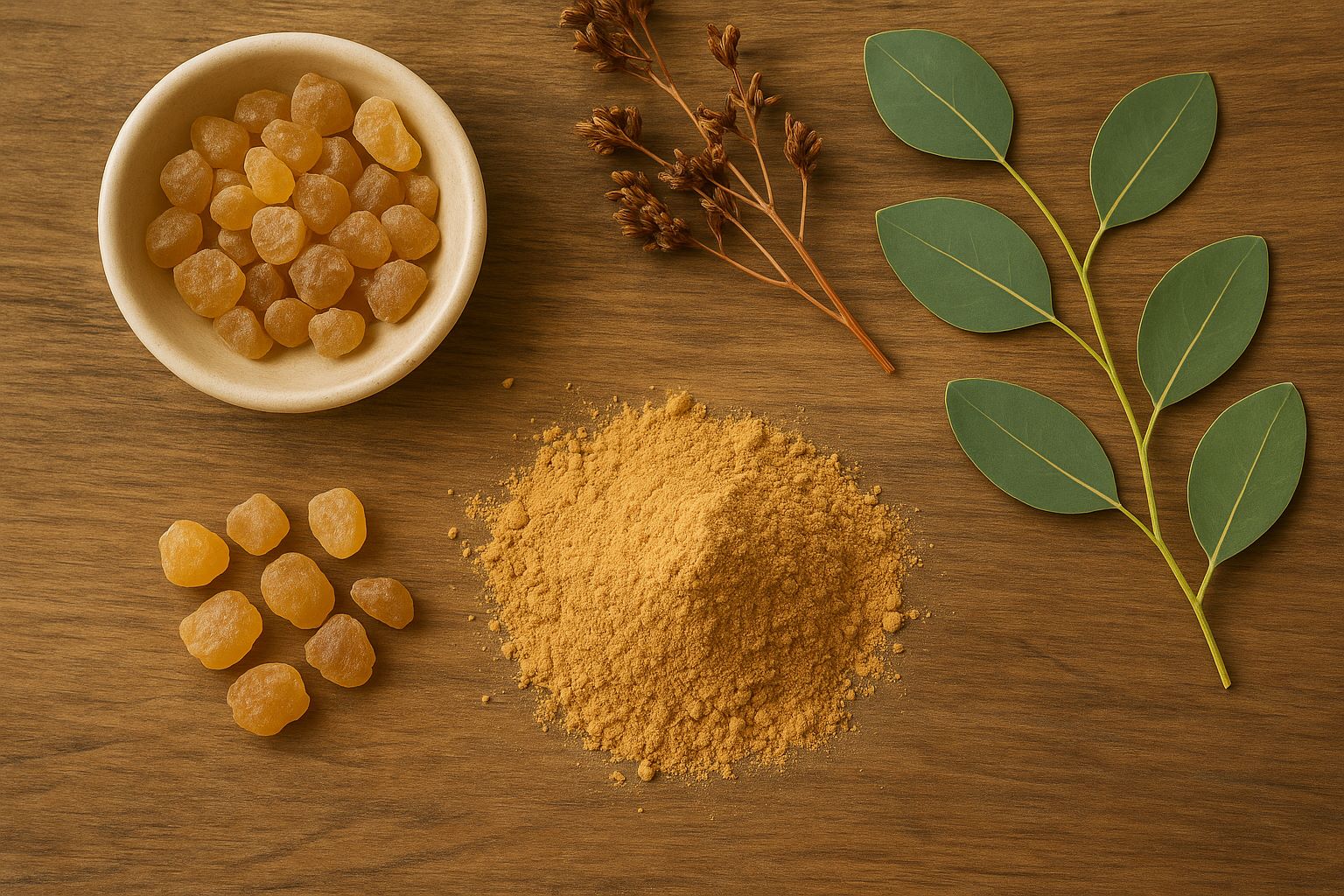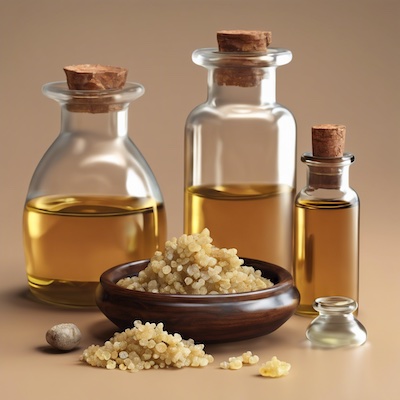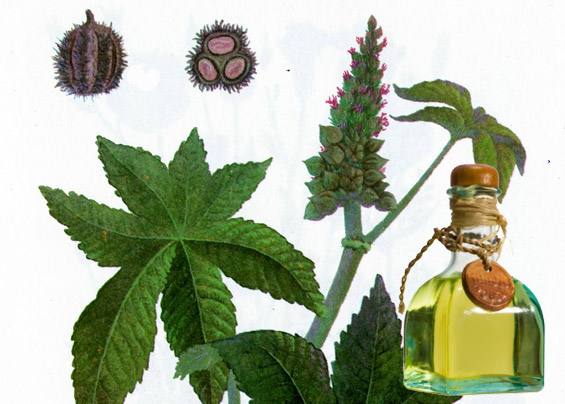Women who drink one or more sugar-sweetened sodas a day are significantly more likely to develop rheumatoid arthritis (RA) than those who drink less than one soda month or none, according to a recent study published in The American Journal of Clinical Nutrition. The risk appears to be even higher for older women.
Rheumatoid arthritis is a systemic, autoimmune disease that causes inflammation leading to joint pain and damage, fatigue and other symptoms. It's believed to result from a combination of genetic and environmental factors, possibly including diet.
Because many studies have shown that sugar-sweetened soda is linked to obesity as well as type 2 diabetes and heart disease – all of which are more common in people with RA – the researchers wondered whether sugary beverages might play a role in the development of rheumatoid arthritis, too.
Women's diet and health
To find out, lead study author Yang Hu and colleagues at Brigham and Women's Hospital and Harvard Medical School in Boston prospectively followed nearly 190,000 women enrolled in two large studies of nurses (Nurses’ Health Study and NHS II), and analyzed data about the women's diet and health from 1980 to 2008 (in the case of the Nurses’ Health Study) and 1991 to 2009 (for NHS II).
At the beginning of the study and then approximately every two years, the women reported on their physical activity, weight and medical history using validated questionnaires. Every four years, they also answered questions about their diet for the past year, including how many sodas with or without sugar they drank.
More than one sugar-sweetened soda per day more likely to develop RA
During the course of the study, 857 women developed rheumatoid arthritis. After accounting for factors such as age, weight, smoking and alcohol use, the researchers found that women who drank more than one sugar-sweetened soda per day were 63 percent more likely to develop RA than those who drank less than one a month. (This does not prove drinking sugar-sweetened soda causes RA).
The increase in risk was seen only in women who went on to develop “seropositive” RA, which usually indicates more-severe disease, but not “seronegative” RA. Seropositive RA means that the patient’s blood tests positive for at least one of two autoantibodies linked to RA – rheumatoid factor (RF) and anti-citrullinated protein antibodies (also called anti-cyclic citrullinated peptides).
"Seronegative RA is a different phenotype from seropositive RA," Hu says. "[The two] may have different genetic and environmental [causes]. They may even be different diseases."
The study also showed that women who drank more soda tended to exercise less, consume more calories and have poorer diets overall than women who drank fewer sugary beverages. Even so, the risk did not seem related to weight.
But if weight gain or obesity isn't the link between sugary drinks and RA, what is?
Hu suggests one possible connection might be mouth infections, which often result from sugary drinks (many studies have shown gum disease to be linked to RA) though Hu says, "there's not enough evidence to confirm this."
Another possible explanation is that sugar-sweetened soda increases pro-inflammatory cytokines (molecules that promote inflammation) in the body, including tumor necrosis factor receptor 2 (TNF-R2) and interleukin-6 (IL-6). Both play key roles in driving inflammation and joint destruction in RA.
Increased risk
Noting that the increased risk was seen only in women with seropositive RA, Susan Goodman, MD, a rheumatologist at Hospital for Special Surgery in New York, says, "This is a group who are also more susceptible to the effects of smoking, suggesting that sugar may be an environmental stimulus similar to smoking in susceptible people."
The study also found that older women who drank sugar-sweetened sodas had a greater risk of developing RA than younger women did and that the overall number of sodas consumed increased the risk in older but not younger women. Researchers say this makes sense because the effects of diet on health are cumulative, and it may be years before the chronic inflammation potentially caused by sugary soda finally causes rheumatoid arthritis symptoms.
The researchers also wanted to know whether other beverages, such as diet soda and fruit juice, might be associated with an increased RA risk. They weren't. Even fruit punch, which, like sweetened soda, is sweetened primarily with high-fructose corn syrup, didn't raise the risk of RA, though why this is so isn't clear. In addition, substituting skim milk for soda seemed to decrease the risk, possibly due to the beneficial effects of vitamin D.
Hu stresses that his study does not prove that drinking sugar-sweetened sodas causes RA, but it does show a strong association between the two. For that reason, he says, "It would be helpful for [doctors] to advise patients who have early symptoms or a family history of rheumatoid arthritis to limit their consumption of sugar-sweetened soda.Diet soda, plain water and skim milk would be good alternatives."
Dr. Goodman, who was not involved in the study, agrees.
"This was a carefully conducted study based on data from the Nurses' Health Study, which is a population of women followed prospectively over decades.… Although this sort of registry study isn't able to determine causality, I think caution can be encouraged for patients with a strong family history of seropositive RA,” she says. “We currently caution those people to quit smoking and achieve a healthy body weight, and we should consider adding sugar-sweetened soda to our list of exposures which may increase RA risk."
Source: arthritistoday.org


